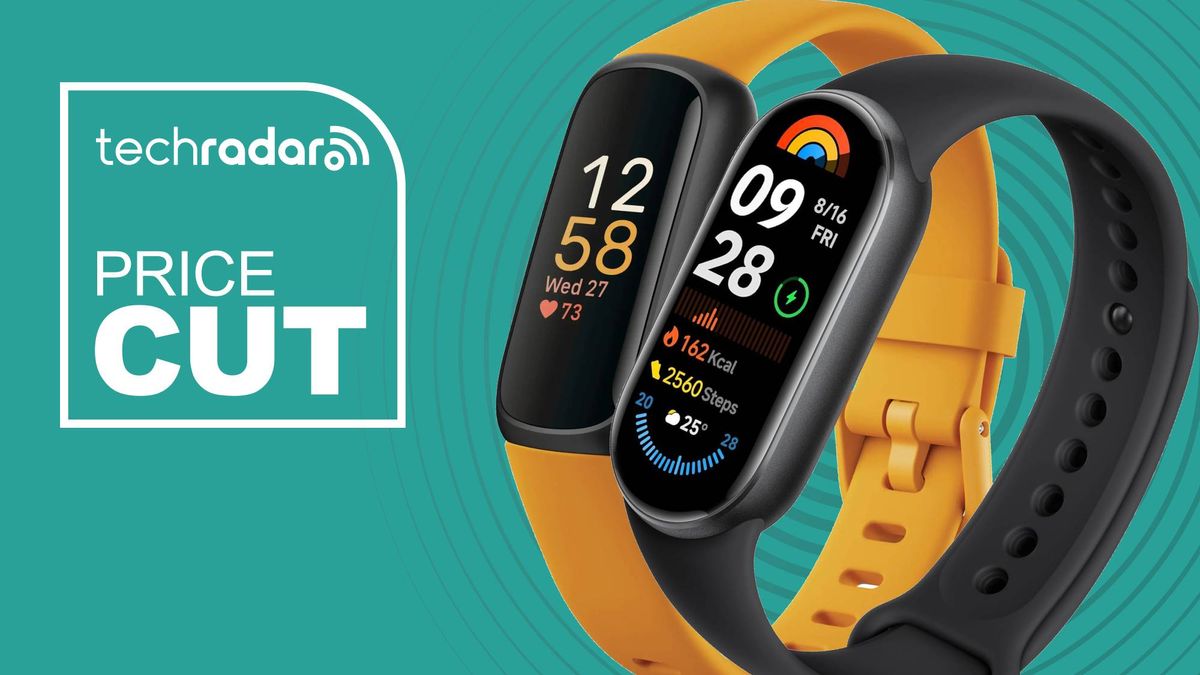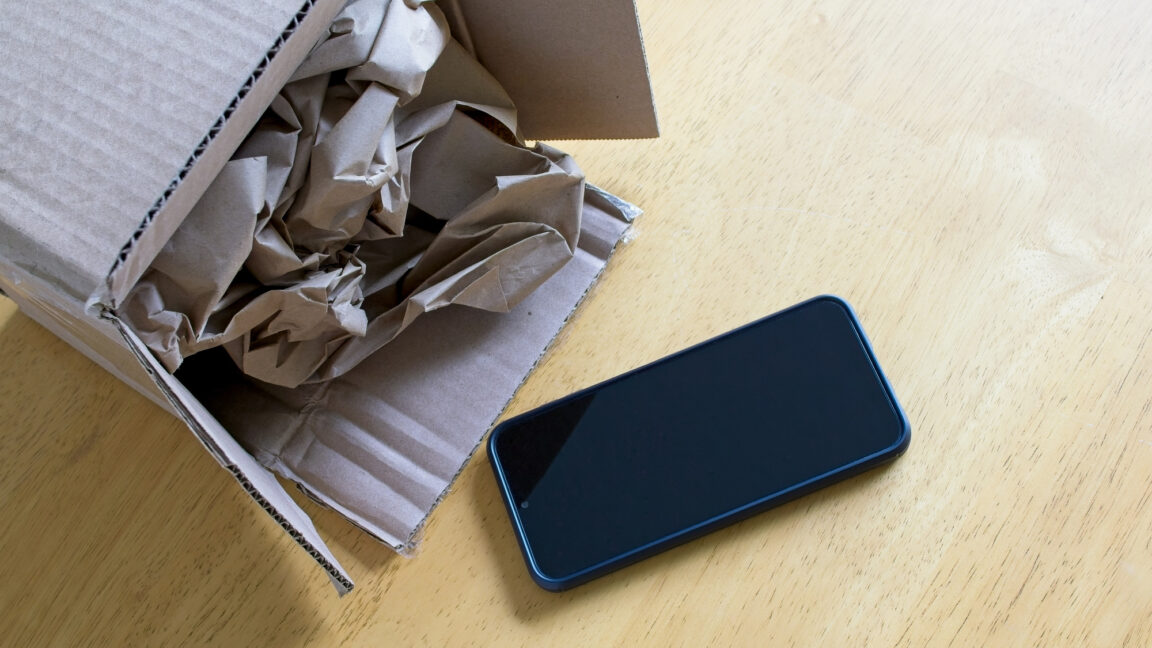Bussiness
At 65 I feel better than ever. I stopped weighing myself, eat healthier, and do exercises that feel good.
This as-told-to essay is based on a conversation with Alison Weihe. It has been edited for length and clarity.
As early as the age of 8, I used food as comfort. My siblings were all very sporty and successful in every endeavor. I, on the other hand, was shy, loved reading and animals, and was deeply reflective.
I wanted to be invisible.
At the same time, my dad was struggling with severe bipolar disorder and would often threaten to drive off of a nearby mountain.
To cope, I ate my anguish.
I started dieting at 25
As I aged, it got worse. I was a plump, complex, introverted, spotty-faced teen and felt like such a disappointment to my family of high achievers.
Food numbed everything.
But I felt full of shame. My weight was up and down, depending on how much I was binging. I was starting to experience what I can only describe as a disassociation with my body.
At 25, I started an extreme diet, meticulously measuring my intake of calories. I got thin for the first time in my life. I felt accepted by my family.
On the outside, I looked great. But on the inside, I was tied to a scale.
I could not sustain the extreme eating, so I turned to throwing up the “forbidden food” so my obsession turned into bulimia. Binging and then purging became my new normal.
My weight would go on to yo-yo for decades. Sometimes, I start to think like an anorexic, obsessing about every morsel of food and how to avoid it. Other times, bulimia. I remember taking laxatives to get my weight down. Willing the scale to drop.
It was a way of taking control of everything that felt out of control.
I started working out
The disordered eating took over my life for nearly five decades. On the outside, I looked so together, winning awards as an entrepreneur.
At 52, when I was an entrepreneur in manufacturing and construction, our company fell apart. Along with it, I fell apart. I had reached rock bottom inside and outside of business.
I recall looking in the mirror and thinking that things had to change. I had to change.
Since I had never been one to exercise, I decided it would be a good first step, so I signed up with a personal trainer. I knew I could not do it alone. Following that, I joined a running club and started Pilates and swimming.
Exercise became my desperate mechanism to keep my weight under control. If I exercised a lot, I could eat what I wanted and not balloon up.
It was still a matter of being in control.
But slowly, over the years, as I ate enough, moved my body, and stayed at a consistent weight, I started to appreciate and love my body more. It wasn’t overnight. And it wasn’t necessarily one turning point.
I stopped weighing myself
At 58, I decided to ditch my weighing scales. I stopped checking how much I weighed and started living my life. Now, the only scale we have in our home is the one for the luggage.
Eating became intuitive. I often eat very healthy, nutritious foods that make me feel good. But it wasn’t a diet like I had been used to. It’s a way of living that gives me energy.
Exercise became gentler, with movements that weren’t as intense as running half marathons. As I listened to my body, I could feel it start to change shape from a pear to an inverted triangle.
The longer I didn’t weigh myself, the safer I felt. Every year, I have felt even better about who I am as a whole — body and soul.
Now, I see my body as the canvas of my life for carrying me through each day. I’m neither obsessed with it nor disassociated from it.
I’ve been told I look younger now than I did at 50.
I never again want to live in the anguish of a scale. I lead a dietless life, fuelled by healthy living, and am no longer defined by a number.








